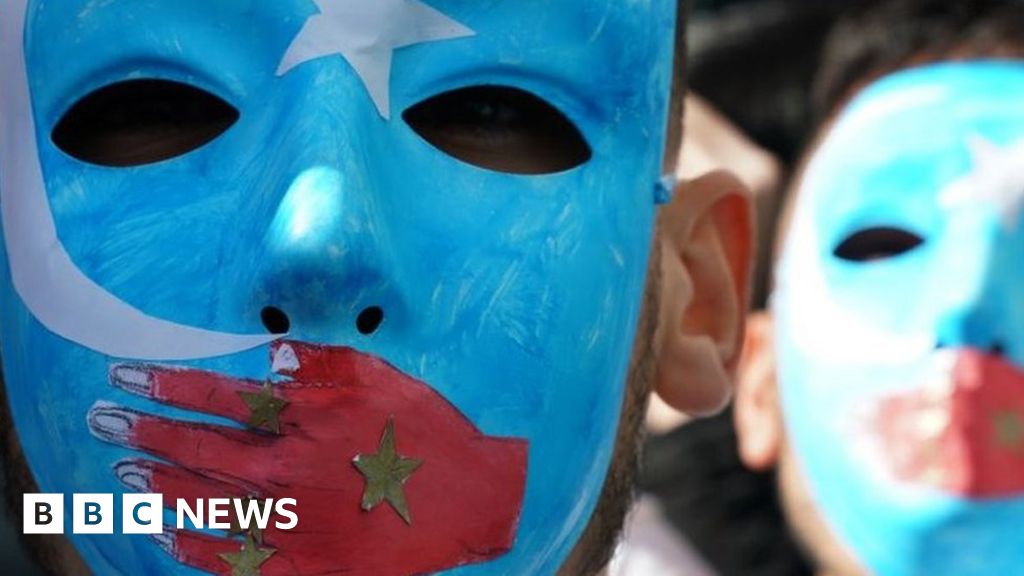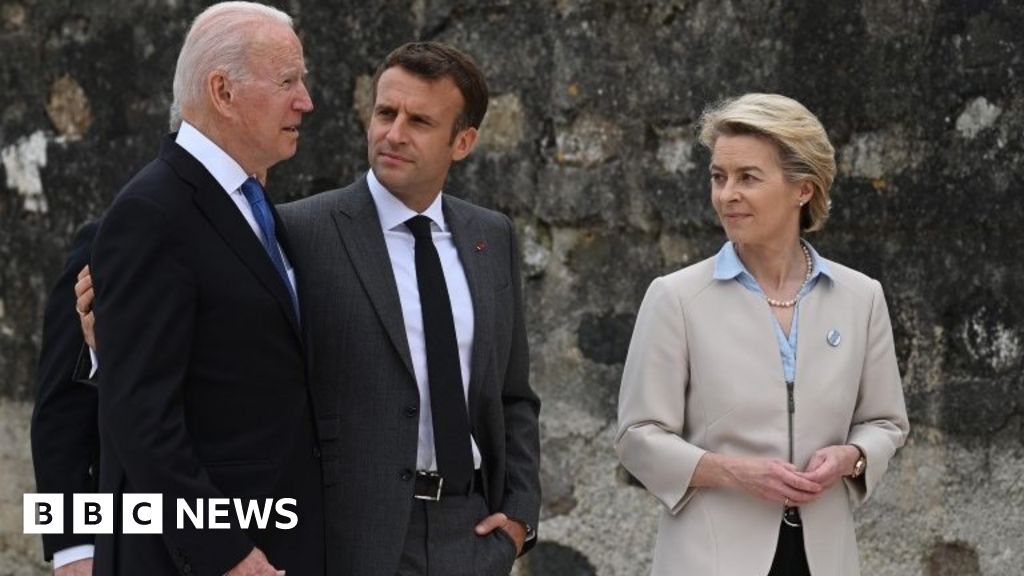I would think that senior military officials in the U.S, Japan, Australia and other countries are fully aware that despite enjoying various key advantages (including more experience, a qualitative edge in various areas, etc); this is no guarantee that - unlike in the past - victory over China by a U.S. led coalition is a foregone conclusion.
The worry is that the Chinese military is more than capable of defending China’s interests; as well as springing a few painful surprises (I’m not referring to the over hyped anti carrier ballistic missiles).
Whether the political leadership of the U.S. and its allies/partners has come to the same realisation or still adopts the attitude that whatever China does or is capable of it will still eventually be defeated; is unknown.
Another unknown is if a conflict turns out badly for either side; will it remain conventional? Unlike the case with Iraq, Libya and Afghanistan; the U.S. will be in conflict with a nuclear power.
The worry is that the Chinese military is more than capable of defending China’s interests; as well as springing a few painful surprises (I’m not referring to the over hyped anti carrier ballistic missiles).
Whether the political leadership of the U.S. and its allies/partners has come to the same realisation or still adopts the attitude that whatever China does or is capable of it will still eventually be defeated; is unknown.
Another unknown is if a conflict turns out badly for either side; will it remain conventional? Unlike the case with Iraq, Libya and Afghanistan; the U.S. will be in conflict with a nuclear power.
Last edited:





